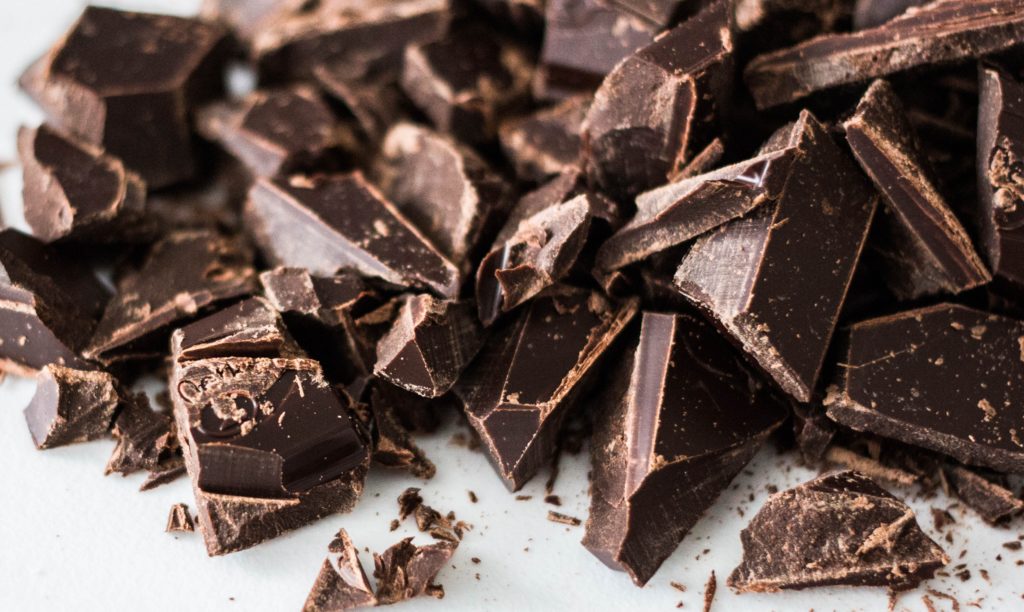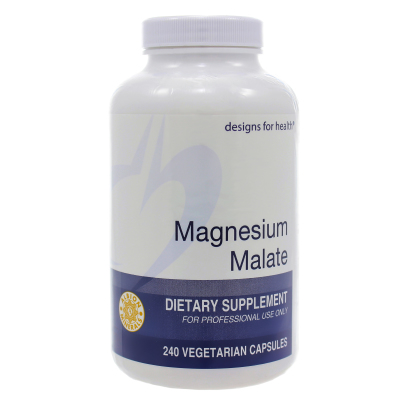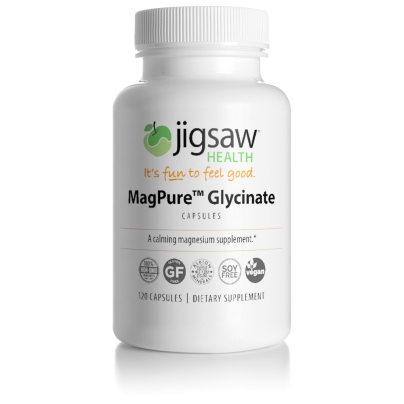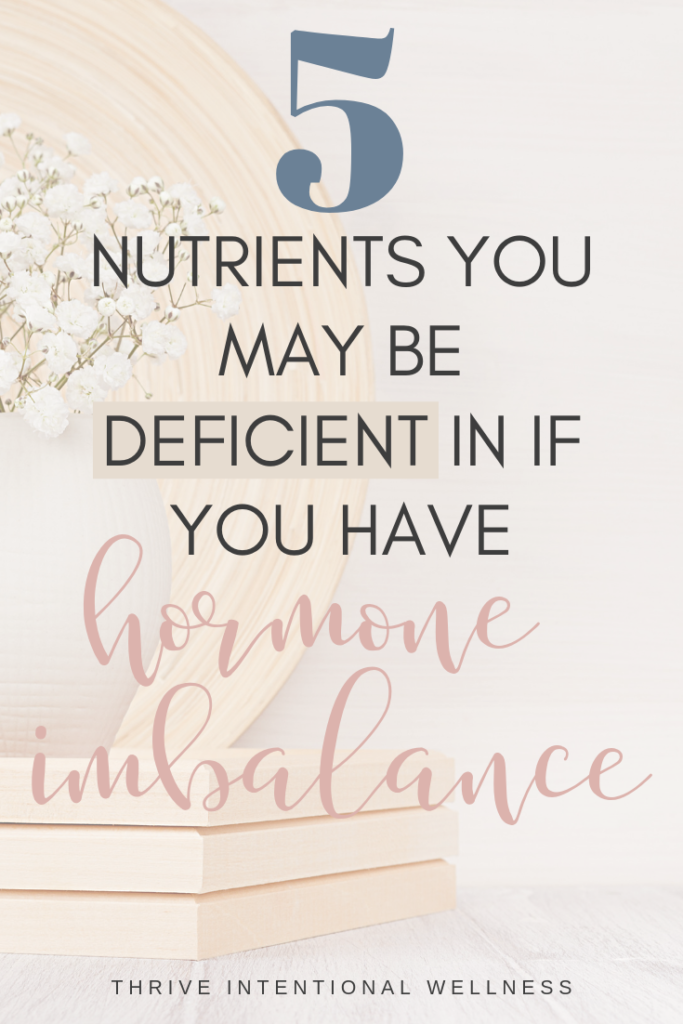Let’s talk about hormones. You know your body more than anyone else and you also know when something is not working properly or is “off”. Listen to that! That is your body’s way of telling you that something may be out of balance and may signal that you may have a deficiency in some key nutrients.
Messenger Communication System
The word hormone comes from the Greek word meaning “messenger”. When there is an interruption in this communication system, things get out of whack and the body gets off course.
Picture of Hormones are the body’s Messaging System
- Hormones give instructions
- Hormones coordinate functions in the body
- Hormones share information
One hormone may not be able to “talk” to other hormones and symptoms of hormone imbalance may include:
- Weight gain
- Irritability, anxiety or depression
- Painful periods
- Headaches
- Bloating
- Irregular menstruation
Progesterone-Estrogen Balance
All the hormones work together but two big players are progesterone and estrogen.
Estrogen Dominance when Compared to Progesterone
The two primary female hormones secreted by the ovaries are estrogen and progesterone. The properties of one offset the other.
Picture a scale of balance when it comes to estrogen and progesterone and how they relate to each other. Over the years there has been an increase in Estrogen Dominance and we are now seeing statistics such as:
- In the past 40 years or so we have seen an increase in female related illness
- Puberty is dropping to beginning at 10 years of age when the average age use to be 16
- Estrogen dominance affects 80% of women over the age of 35
5 Common Nutrient Deficiencies With Estrogen Dominance
Magnesium
Magnesium is a mineral that is a catalyst to 300 biochemical reactions in the body. Up to 80% of American’s are deficient in it. Low magnesium is associated with high estrogen levels in both premenopausal and postmenopausal women. [1]
Some symptoms of magnesium deficiency may include:
- Headaches
- Low-Stress Tolerance
- Insomnia
- Muscle Spasms
- Anxiety and Irritability
The RDA of magnesium is 320 mg per day. [2]
Because up to 80% of people are deficient, it is recommended to supplement but it can also be found in foods such as:
- Chocolate (yay!)
- Nuts and Seeds
- Bananas
- Okra
- Cruciferous Vegetables
- Swiss Chard

So what is the best type of magnesium?
One of the most known forms of magnesium is the Calm drink. This is in the citrate form and although it may be helpful for constipation, it is not the best option for internal absorption. The two forms that I recommend are magnesium glycinate and magnesium malate. If you are feeling very stressed, anxious and having trouble sleeping, I recommend the magnesium glycinate form. If you feel like you need more energy, I recommend magnesium malate since it is helpful in ATP production.
This is the Magnesium Malate that I recommend:

This is the Magnesium Glycinate I recommend:

B Vitamins
B Vitamins not only helps energy levels, brain function and metabolism but also has an effect on hormones as well. Since B Vitamins work in tandem, it is best to take a B complex such as __________ o
The B Vitamin B6, also known as pyridoxine, is involved in estrogen metabolism and can easily become deficient if estrogen dominance is present. [1]
Foods rich in B6 are:
- poultry
- egg yolk
- liver
- fish
- pistachios
- grass-fed beef
- turkey breast
Studies have shown that consuming vitamin B6 rich foods can help with PMS symptoms. [2]
It helps specifically with fatigue, cramps, headaches, and breast pain. Vitamin B6 also has an effect on the brain and mood and may help with the emotional side of PMS. It is involved with hormone production in the brain and has been shown to help ease mood-related symptoms.
Iodine
Iodine is one of the most overlooked nutrients in women’s health. Iodine is more known for thyroid function but it has receptors on our breasts and ovaries as well. Iodine can help with the following:
- Desensitizing estrogen receptors in the breast.
- Reduce fibrocystic breasts [3]
- Cause cancer cell death.
For more information look into Lynn Farrow’s book, The Iodine Crisis.
Fibrocystic breasts are one symptom of estrogen dominance. The other link is a deficiency in iodine. Fibrocystic breasts affect 50% of women in childbearing years and it is associated with an increase of breast cancer. [1]
Foods rich in iodine are seaweed and seafood but even with this, supplementation may be necessary, however, be sure to work with your practitioner.
Vitamin D
Vitamin D actually acts more like a hormone than a vitamin. Your body produces vitamin D when your skin is exposed to the ultraviolet B rays in sunlight. A good rule of thumb is to expose your skin to the sun for about half the time it would take to start to burn.
According to the Vitamin D Council[2]:
“The amount of vitamin D you get from exposing your bare skin to the sun depends on:
- The time of day – your skin produces more vitamin D if you expose it during the middle of the day.
- Where you live – the closer to the equator you live, the easier it is for you to produce vitamin D from sunlight all year round.
- The color of your skin – pale skins makes vitamin D more quickly than darker skins.
- The amount of skin you expose – the more skin you expose the more vitamin D your body will produce.”
Besides sunlight, Cod Liver Oil can provide a small food source of vitamin D.
An easy way to find out if you have adequate Vitamin D levels is through an at-home finger-prick test:_____
Vitamin C
Vitamin C has been shown to boost progesterone! It is also stored in our adrenals and can be depleted in times of stress. Vitamin C is also present in high concentrations in the pituitary gland, the master hormone gland of the body. Therefore, vitamin C may play a significant role in hormone function.[3]
Vitamin c is a water-soluble vitamin which means that the body will excrete the remainder of what it needs out through the urine. It is best to eat high foods in vitamin c throughout the day.
Some vitamin C rich foods include:
- Strawberries
- Oranges
- Bell Peppers
- Kiwi
- Pineapple
- Broccoli
- Camu Camu Powder
Hormone Balance Course Coming Soon! Click below for more information:
**Be sure to sign up for course updates
Save this for later

Related Posts:
[1] https://www.ncbi.nlm.nih.gov/pmc/articles/PMC5327366/
[2] https://www.vitamindcouncil.org/about-vitamin-d/how-do-i-get-the-vitamin-d-my-body-needs/#.XU2gpehKhPY
[3] https://www.ncbi.nlm.nih.gov/pmc/articles/PMC4859110/
[1] https://www.ncbi.nlm.nih.gov/pubmed/217175
[2] https://www.ncbi.nlm.nih.gov/pmc/articles/PMC27878/
[3] Ghent WR et al, Iodine Replacement in Fibrocystic Disease of the Breast, Can J Surg 1993
[1] Wesphal LM, Polan ML, Trant, As “Double-blind, a placebo-controlled study of Fertility blend; a nutritional supplement for improving fertility in women.: Clinical and Experimental Obsrecis and Gynecology 33 (4) (2006):205-8
[2] https://ods.od.nih.gov/factsheets/Magnesium-HealthProfessional/
